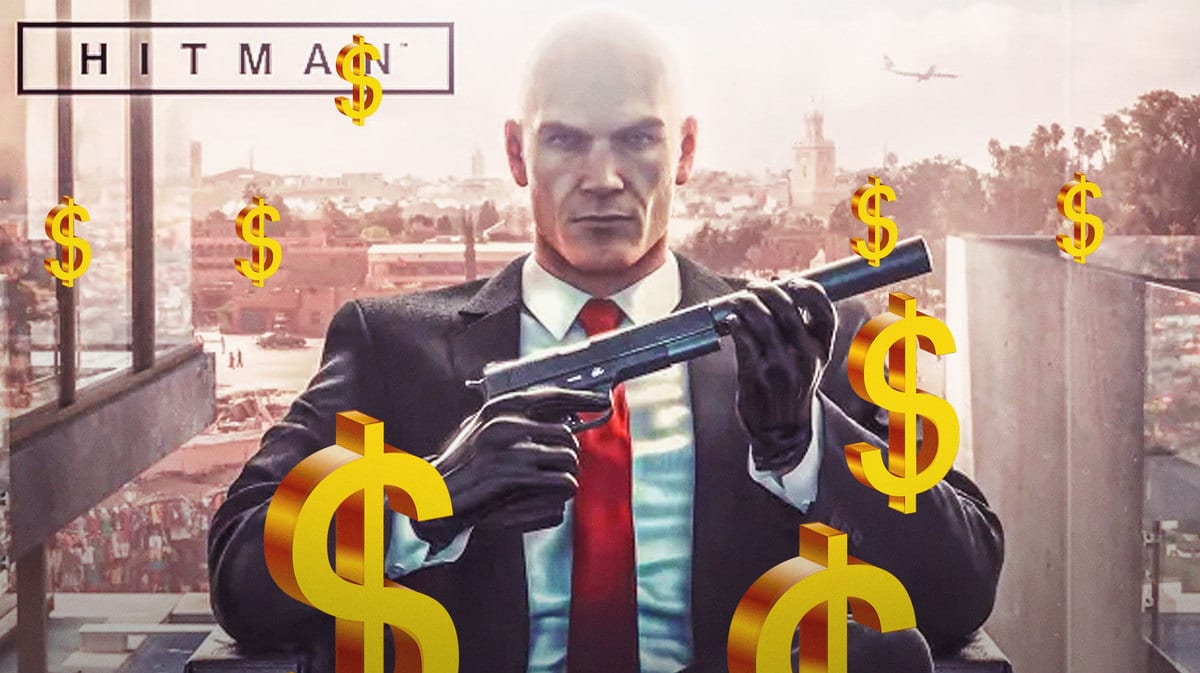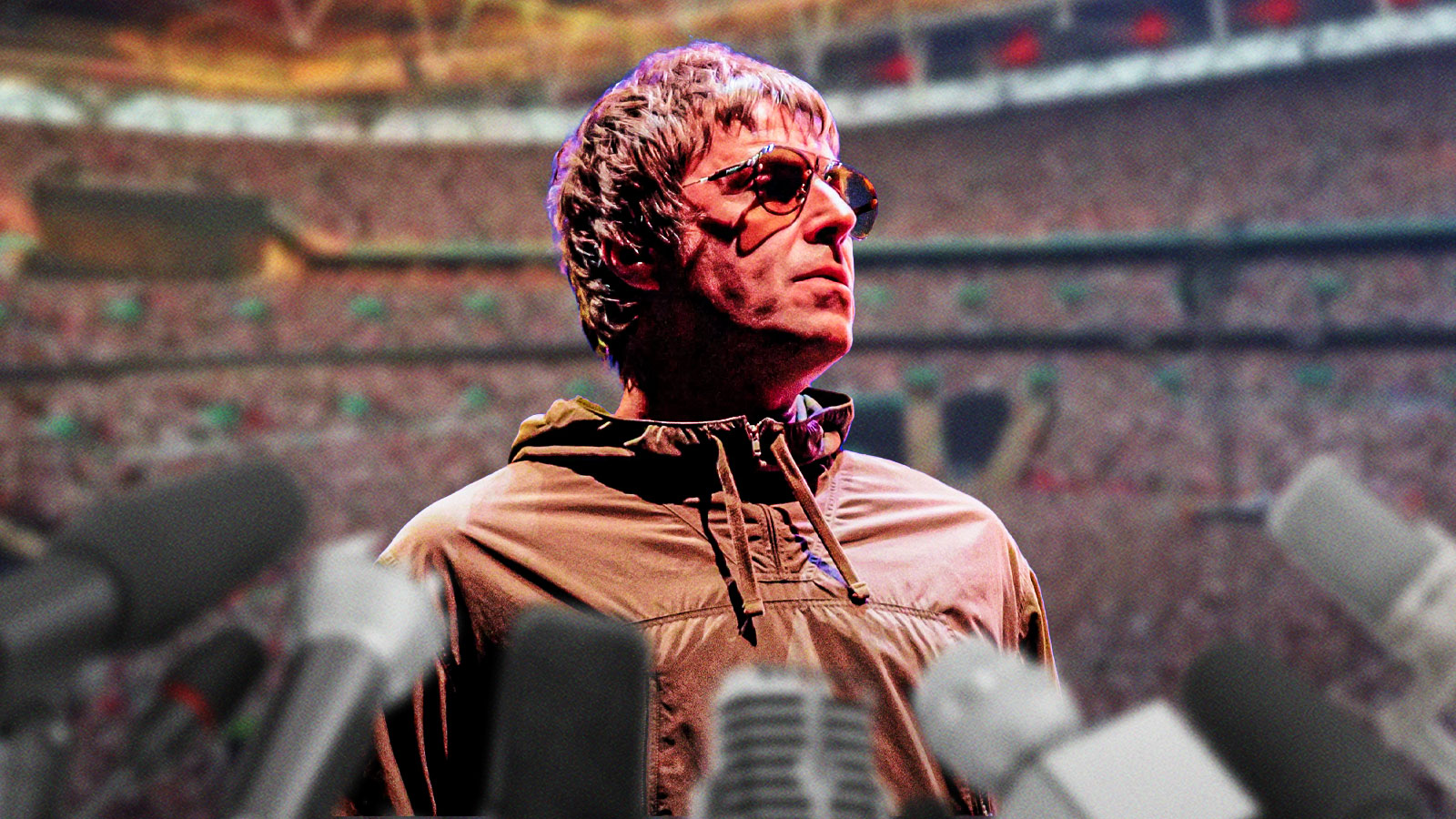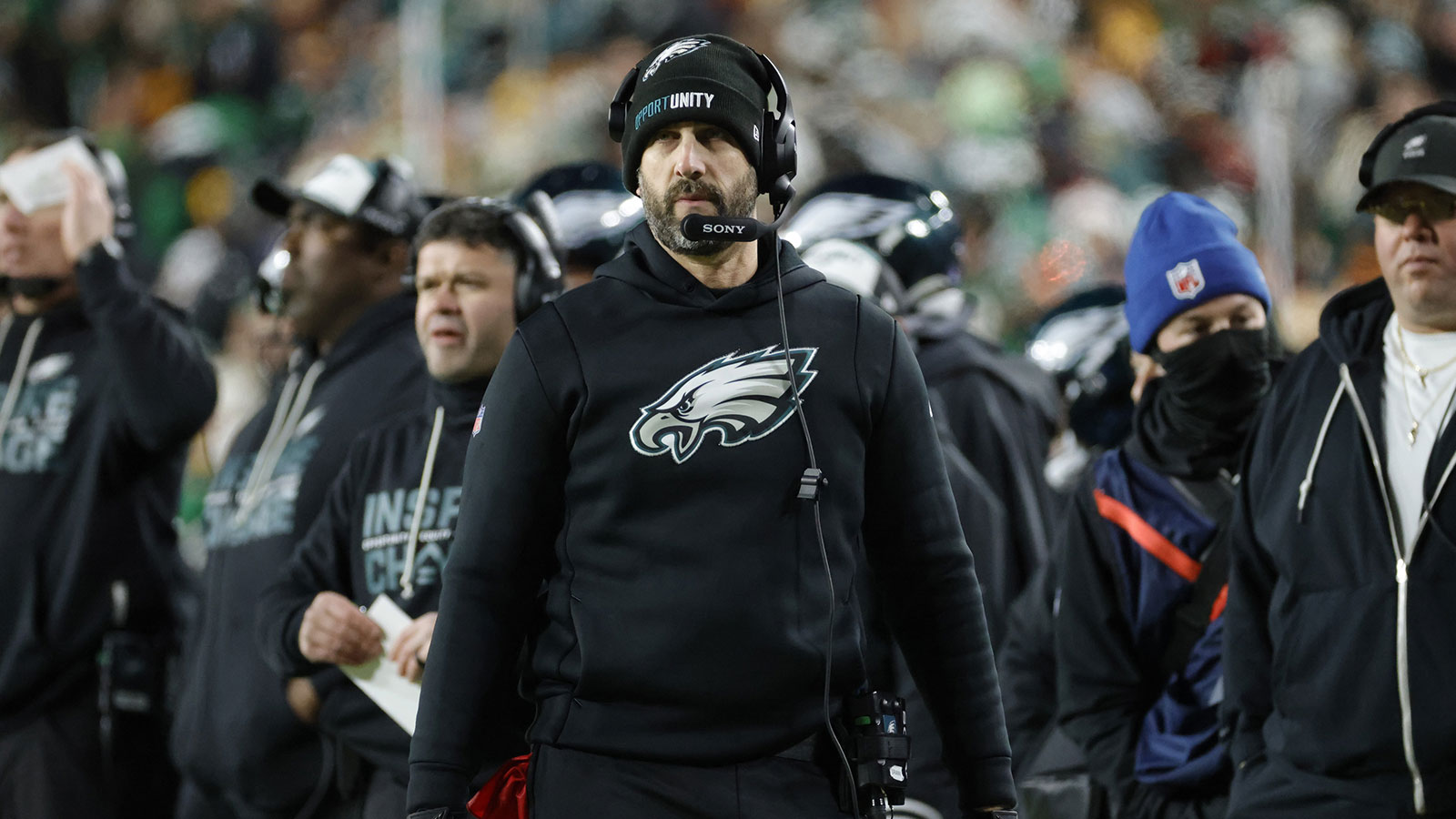In an industry where success and failure often hinge on the razor's edge, the story of IO Interactive, the developers of the iconic Hitman series, stands out as a testament to resilience, innovation, and the unyielding spirit of creative risk. Hakan Abrak, the CEO and co-owner of IO Interactive, sheds light on the company's tumultuous journey, particularly after the release of Hitman: Absolution, painting a picture of a studio at the brink of collapse and its remarkable turnaround.
The Arduous Journey of ‘Hitman: Absolution'
Hitman: Absolution was a tough, tough production. The game took seven years. It was completely over budget,” Abrak reflects on the turbulent development phase of the game. Released in 2012, Hitman: Absolution faced an array of challenges, including extended development time and significant budget overruns. Despite the team's hard work and dedication, the game's release coincided with a shift in the gaming market, rendering it, in Abrak's words, “DOA” – dead on arrival. This commercial and critical failure weighed heavily on the team, leaving them with a profound sense of responsibility and disappointment.
Reinventing Hitman and Initial Setbacks
Undeterred, IO Interactive embarked on a bold mission to reinvent the Hitman series. The development of Hitman (2016) marked a significant departure from previous titles, adopting an episodic release model influenced by the success of games like Life is Strange. However, this new approach initially met with skepticism and rejection. Abrak recalls the early struggles: “Our Trojan horse was burned down before it even got to the castle.” Despite the initial commercial disappointments and players' preference to wait for the full game release, Abrak remained steadfast in his belief that they had created the best Hitman game yet.
Divestment from Square Enix and Financial Struggles
IO Interactive's path took a dramatic turn when Square Enix decided to divest from the studio. “Fewer than 90 days after I took over as CEO, I received a call from Square Enix CEO Yosuke Matsuda explaining that IO was being divested from the company,” Abrak recounts. This decision, while jarring, was somewhat anticipated given the commercial disappointments of other Square Enix titles. The subsequent search for a buyer revealed IO Interactive's precarious financial situation, attracting offers that severely undervalued the studio, some as low as one dollar.
Choosing Independence Over Compromise
Faced with such grim prospects, Abrak and his team chose the path of independence. “Some companies would offer $1 to take over IO because of the responsibilities and running costs and whatnot,” he states, rejecting the idea of an 80% reduction in headcount and a pivot to a free-to-play model. Instead, IO Interactive bought its independence, paying more than the symbolic one-dollar fee and leaving Square Enix with a minority share.
The Road to Recovery with Hitman 2 and Hitman 3
The subsequent period was fraught with challenges, including layoffs and financial negotiations with Sumo Digital. With only three months of revenue left, IO Interactive was on the brink of collapse. However, the release of Hitman 2 provided a much-needed lifeline, sustaining the studio and paving the way for the success of Hitman 3. These titles not only revived the fortunes of IO Interactive but also laid the foundation for future projects, including a fantasy game and the much-anticipated ‘Project 007.'
From the Brink of Failure to New Ventures
Reflecting on this incredible journey, Abrak notes, “Hitman 2 was cheap enough to continue to keep the studio afloat, and that paved the way for Hitman 3, and eventually IO's new games, a fantasy game, and a new James Bond game, Project 007.” The success of these recent titles represents a remarkable turnaround for IO Interactive, showcasing the studio's resilience and ability to adapt in the face of overwhelming challenges.
Hakan Abrak's narrative is a striking illustration of the highs and lows in the gaming industry. From the brink of failure with Hitman: Absolution to the resounding success of subsequent titles and the bold leap into independence, IO Interactive's story is a powerful reminder of the perseverance and tenacity required to navigate the complex and often unforgiving world of game development. In the end, IO Interactive emerged not only as a survivor of its darkest hour but as a beacon of creativity and innovation in the gaming industry.



















